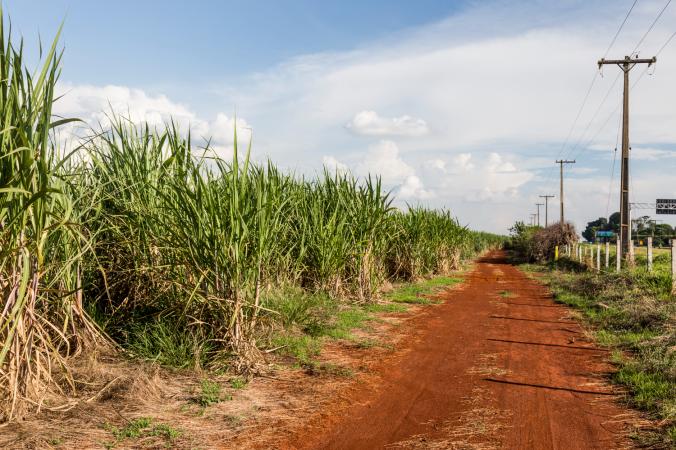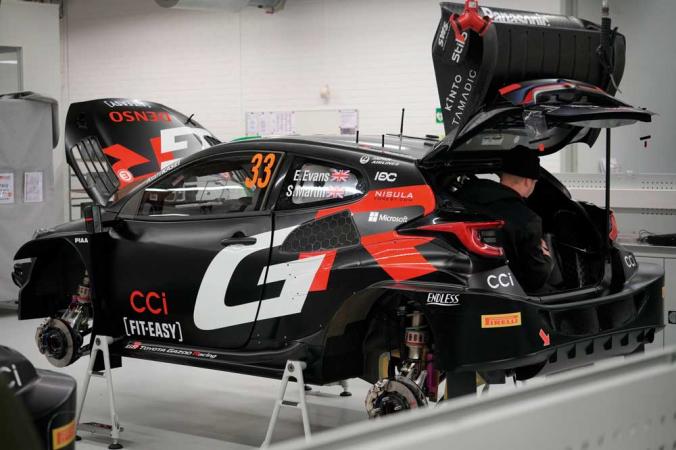The Turnaround: A Major Outplant Project in Germany
A planned turnaround of a major product process plant is always a challenge – same holds true for the chemical plant Dow in Böhlen, Germany. When the plant was shut down for maintenance and repair works, approximately 25,000 single activities had to be realised – in a very tight time schedule. A task that can only be successfully mastered with meticulous preparation and experienced staff.
Within the industry, a turnaround is also often called “shutdown”.
- But this doesn’t really fit a major project, says Jörg Friedrich, responsible manager for the operation of the naphta cracker at Dow.
It is switched off just like compressors, pumps and turbines. Instead, a lot more people are involved in the turnaround. In addition to the approximately 900 Dow employees and external services partners, another 1,200 experts came to Böhlen from different companies. They disassemble the plant on the 320 ha large premises, meticulously check each part, clean it or replace it when necessary. Along the plant’s streets are piling up discarded measuring devices, sensors and pipelines, waiting for disposal. Dozens of heavy-duty cranes tower high among the scaffoldings and chimneys, lift building components, reposition them. Dow created a new major car park and a container village – 290 containers for showers and changing rooms, 63 office containers – exclusively for the coordination of all activities. The turnaround is a mammoth task that needs to be mastered every three to five years.
The Heart of the Chemical Group
Usually, petroleum is further processed in Böhlen. The chemical plant close to Leipzig is part of Dow Olefinverbund GmbH, a subsidiary of the US-based The Dow Chemical Company. The petroleum is directly supplied from the harbour in Rostock via a 430 kilometres long pipeline. In the naphtha cracker it is cracked in hydrocarbon compounds such as ethylene and propylene in 15 furnaces at around 800 °C and further processed and turned into high-quality plastics in the Dow plants in Schkopau and Leuna. In addition, the naphtha cracker provides other parts of the plant in Böhlen with process steam. Because of its numerous functions, it is considered to be the heart of the chemical plant and the complete Dow Olefinverbund in Central Germany.
Time Is Money
When the cracker plant is out of operation it means high costs for the company: During operation, the plant generates a daily turnover of one million euros, which are now not generated. This is why everyone is interested in keeping the necessary shut down as short as possible: six weeks are scheduled for the 25,000 work steps – six weeks that have been prepared for approximately 30 months in advance and that are meticulously planned. Immediately after the past shutdown, the persons responsible began to draw up a to-do list for the next shutdown, progressively ordering required spare parts and booking hotels for external workers, taking care of the catering and commissioned safety staff – and finally precisely planning who needs to work were and when.
Ten Days for the Shutdown
The turnaround started with shutting down the plant.
- In order to shut down the on-going processes in a coordinated way, I work with a team round-the-clock in three shifts for nearly ten days, says Friedrich. Many of the plants depending on the naphtha cracker are maintained as well and are thus removed from operation, but not all of them. This is a major challenge, in particular with respect to safety.
Olaf Fuchs and his team moved into an office at the plant premises for the time of the shutdown. Fuchs is expert witness at TÜV SÜD Chemie Service GmbH and accompanied the safety checks at Dow for many years. Just like his colleague Peter Goth – he has been working directly in the plant for nearly 35 years and knows the cracker by heart. Two other colleagues are also continuously working at the plant. The other TÜV SÜD employees came from other German chemical parks – Frankfurt Höchst, Leverkusen and others – to carry out safety checks.
- A team of a total of 13 experienced experts is needed to carry out the many statutorily prescribed checks on time, explains Fuchs.
- As a team we can offer our client everything: experience with management, organisation and logistics of large-scale projects and at the same time detailed knowledge of the plants on site.
Experience Counts
Now, the TÜV SÜD men are responsible for checking the plant’s many pressure vessels. Are they tight? What can be done in case of defects or corrosion damages – can the vessels be safely used in the next years?
- In order to assess this, long-term practical and professional experience in the chemical industry is a necessary basic requirement, highlights Fuchs.
It is no coincidence that nearly all of the team colleagues are older than 40 – in large-scale project such as this it’s the technical expertise and experience that counts.
This is also confirmed by Peter Goth using the example of a welding seam to which he points.
- It might look a bit sloppy, but the seam is high-quality craftsmanship and still integer after dozens of years of operation.
He knows this from experience – those who only know flawless welding seams produced by modern, fully automatic machines cannot assess this properly.
High Safety Costs
At the end, the shutdown is for Dow more than a statutorily prescribed safety check.
- Innovation cycles in such high-tech areas are becoming shorter and shorter; at the same time, requirements for functional safety are increasing, says Dow employee Reiko Hass, responsible for the turnaround as Downtime Manager.
This is why the time during, which the plant is out of operation, is also used for the renewal of plant parts.
- In total, we invest approximately 42 million euros in this turnaround. That is, in addition to the shutdown costs of approximately 50 million euros, which are caused due to the turnover losses. Such high investment is needed for safe operations. And while the plant is started again, those responsible are already thinking about the next shutdown that will take Place in a few years time. Then again thousands of tasks need to be mastered and coordinated in detail.
Contact partners:
Dipl.-Ing. Olaf Fuchs, TÜV SÜD Chemie Service GmbH
Head Plant Monitoring Central Germany, Plant Safety & Inspection
Internet: www.tuev-sued.de/chemieservice









